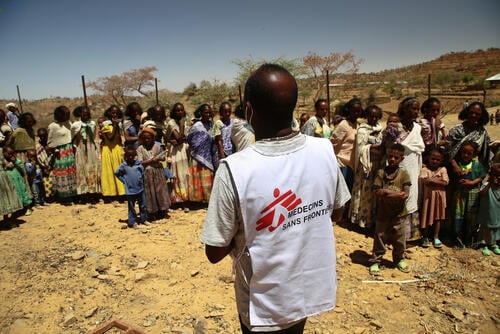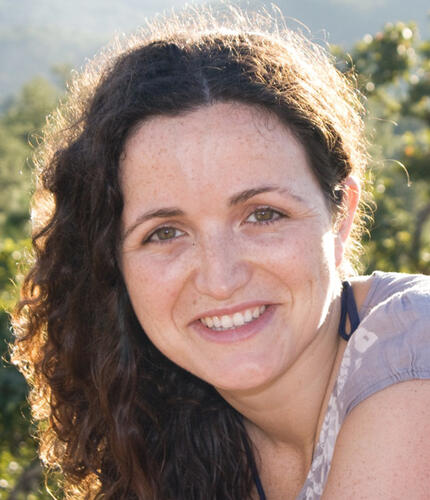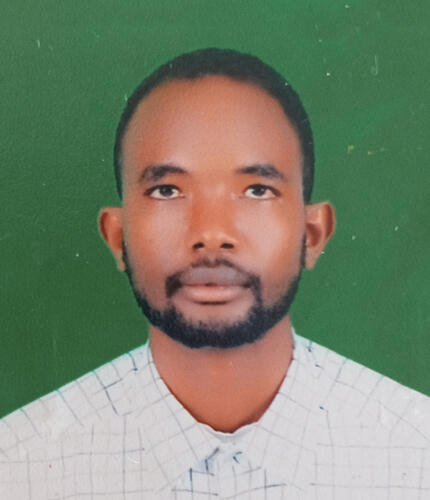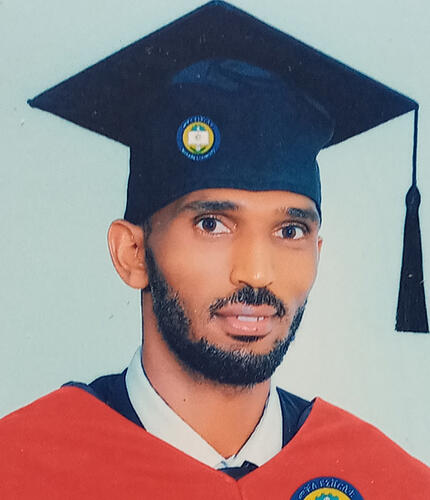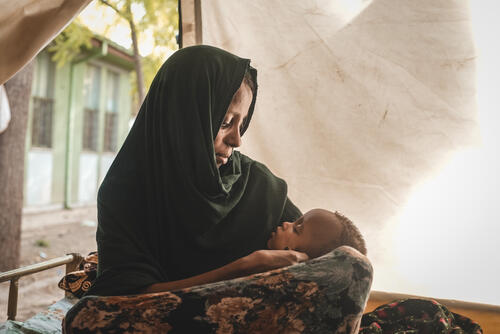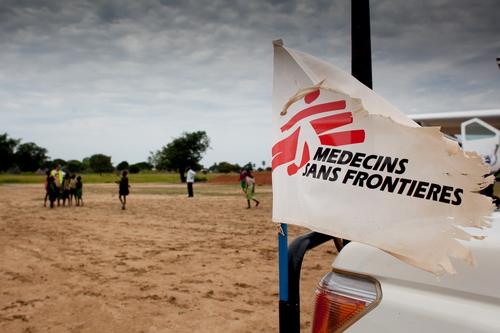Six months after the murder of our three colleagues María, Tedros and Yohannes, the full circumstances of, and responsibility for, their killing remains unclear.
On 24 June 2021, 35-year-old María Hernández Matas, our emergency coordinator; 32-year-old Yohannes Halefom Reda, our assistant coordinator; and 31-year-old Tedros Gebremariam, our driver, were travelling in the Tigray region, northern Ethiopia, when we lost contact with them. On 25 June, their vehicle was found empty and, 100 to 400 metres away, their lifeless bodies were found.
Paula Gil, president for Médecins Sans Frontières (MSF) Spain, explains what we know so far about the circumstances of their killings and what MSF has done to gain a better understanding of what happened.
What do we know so far about the circumstances of the killing of María, Tedros and Yohannes?
Over the past six months, we have been making every possible effort to understand what happened to them by continuously engaging with the parties to the conflict. We have met multiple times with various ministries of the Federal Democratic Republic of Ethiopia (FDRE) to ensure that their killings are investigated, and the findings shared with us. We have made the same requests to the Tigray People’s Liberation Front (TPLF).
Also, as part of our internal standard practice following critical security incidents, we have gathered and analysed information that has enabled us to reconstruct a detailed picture of the route that the MSF car took, as well as the location and time of the incident, and some of the material circumstances of the killing.
What we know so far based on the preliminary results of this internal review, is that on 24 June, María, Tedros and Yohannes were heading on the route south of Abi Adi to search for and collect people injured in areas affected by intense fighting between the FDRE, its allies, and the TPLF.
Over the past six months, we have been making every possible effort to understand what happened to them [María, Tedros and Yohannes] by continuously engaging with the parties to the conflict.Paula Gil, president MSF Spain
The MSF team based in Abi Adi had received prior information that there were a large number of wounded people in Shoate Egum, a village near where the incident took place. Just over an hour into the journey, their car stopped. Their bodies were later found at distances of between 100-400 metres away from the car, and their injuries showed that each suffered multiple close-range gunshot wounds.
This information confirms that the attack was not consistent with crossfire injuries, but instead was an intentional killing of three humanitarian aid workers, as each of our staff members were clearly recognisable as civilians and humanitarians at the time of the incident. The car, also well identified with the MSF logo and two flags, was shot multiple times and extensively burnt.
What is MSF asking the parties to the conflict to better understand what happened and to ensure this does not happen again?
Our discussions are still ongoing but based on our meetings in August, November and December 2021, the representatives of the FDRE have confirmed that an investigation into the attack is ongoing. MSF has also asked the TPLF to carry out an investigation and to share the findings. No final outcomes of these investigations have yet been received.
The preliminary results of our internal review were also shared at ministerial levels with the FDRE. In return, we asked for clarifications about the presence and engagement of their armed forces at the time and in the precise location of the incident. We explained that these clarifications are part of our duty towards the families of those who were killed and to our staff, to provide them with answers about what happened to their loved ones. We have made the same request to the TPLF.
Today, despite the significant extent of humanitarian needs faced by people in many regions of the country, MSF is not yet able to re-start and expand our response to address those needs.Paula Gil, president MSF Spain
We requested a direct communication channel between MSF and the Ethiopian armed forces and their allies at both federal and regional levels. This would allow us to share details of medical-humanitarian facilities and movements, and to ensure that the lifesaving activities carried out by MSF teams are understood and respected by the armed forces.
And while we appreciate the constructive dialogue we have had to date with the FDRE, we also relayed our concerns about public statements made against humanitarian organisations that have had a direct impact on their safety and security. In Ethiopia, our teams have been regularly subjected to harassment, serious threats and detentions.
In order to meet the significant medical needs faced by the people across the country, we reiterated our call for the FDRE to publicly support the work of humanitarian organisations as a crucial step to building community acceptance and to allow us to continue providing lifesaving medical work throughout the country.
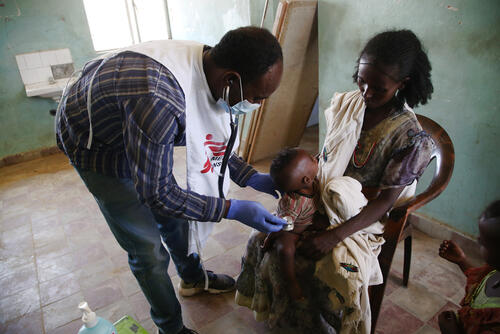
What is the current status of MSF's activities in Ethiopia?
Following the killing of our colleagues in June 2021, MSF had to take the painful decision to suspend some activities in the Tigray region, in the towns of Abi Adi, Adigrat and Axum. In July, the government of Ethiopia suspended MSF’s activities in Amhara, Gambella, Northwest Tigray (Shire and Sheraro) and in the Somali region for three months.
This suspension was lifted in October, though it has not been possible for us to restart those medical programmes, mainly due to the security situation and administrative obstacles.
In November, with a state of emergency declared in Ethiopia, MSF had to suspend further medical activities in other parts of the country where we believe it is no longer possible to work safely and securely.
At present, we continue to provide medical care to patients in Afar and in the Southern Nations, Nationalities and People’s Region (SNNPR), and are providing ad-hoc donations of medical supplies in Amhara, Gambella and Somali regions.
Today, despite the significant extent of humanitarian needs faced by people in many regions of the country, MSF is not yet able to re-start and expand our response to address those needs. And therefore, we remain committed to engaging with the FDRE and all other parties to the conflict, awaiting the outcomes of our discussions with them and reaching a common and agreed basis for safely delivering much-needed impartial medical assistance to people in Ethiopia affected by conflict or other crises in all regions of the country.



